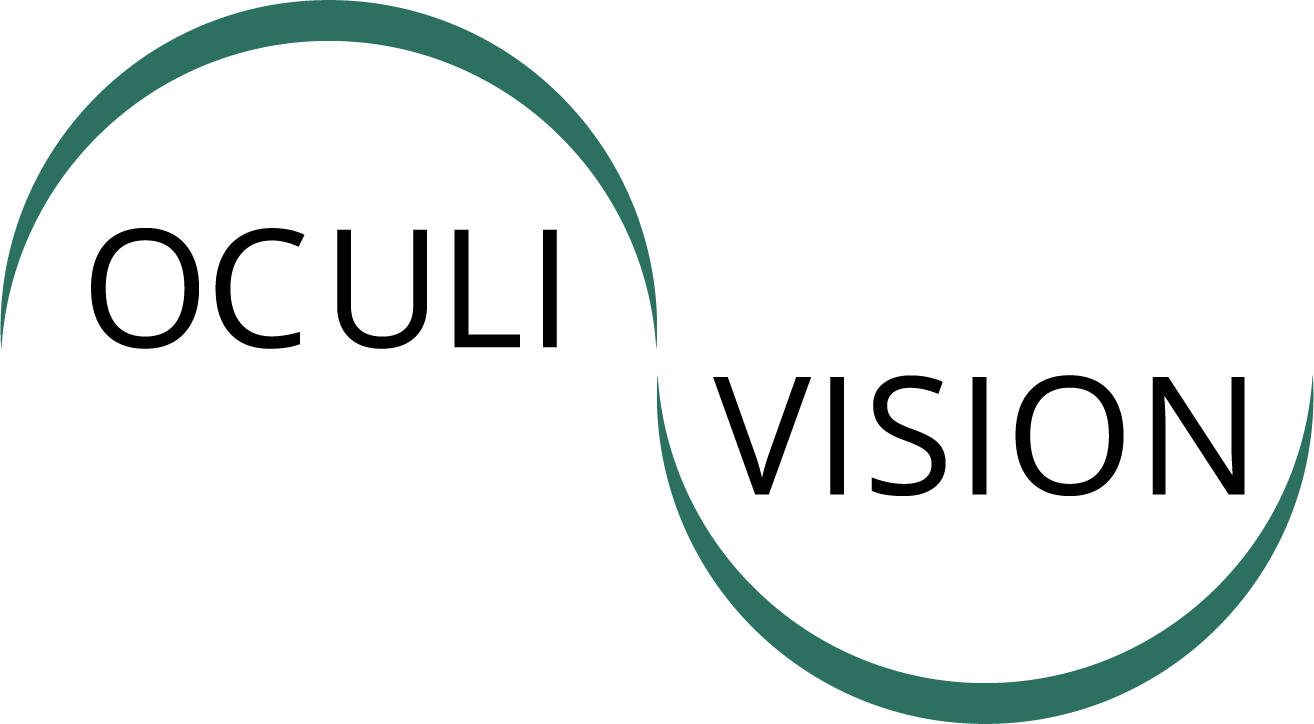Many health concerns can negatively affect an individual’s vision. Simply being sleep or nutrient deprived can cloud your mind and certainly your eyesight. Believe it or not, even a brain tumor can severely disturb one’s vision. To ensure overall health as well as eyesight, it’s important to maintain regularly scheduled eye checkups; narrowing down the cause of your symptoms as early as possible gives you the best chance to make the swiftest recovery.
When you think of a comprehensive eye exam, you may consider it to be just another simple vision test. At first glance, it may even seem unnecessary if you aren’t currently experiencing headaches, blurred vision, or other troublesome symptoms, but getting your eyes checked can have immense benefits that stretch far beyond your optometrist’s office.
Your eyes contain countless tiny nerves and blood vessels. Their delicate structure is intimately interwoven with your brain and central nervous system. Therefore, a comprehensive eye exam assesses not only eye health but can also identify early symptoms of serious conditions like diabetes, aneurysms, multiple sclerosis, Parkinson’s disease, high blood pressure, as well as harmful brain tumors.
Brain Tumors
Tumors result from the excessive growth of abnormal cells in the body. They can be benign (mostly harmless) or malignant (cancerous), and can either begin in the brain or start in other parts of the body and spread through the nervous system. Unfortunately, tumors can occur at almost any age and may be hereditary. Some tumors, such as medulloblastomas, are more common among children than adults.
Common Symptoms
The specific indicators of any brain tumor will depend on its size, location, and rate of growth. However, some common symptoms include:
- Disrupted sight, light sensitivity, or narrowing of peripheral vision;
- Frequent headaches of increasing severity, especially in the morning;
- Sudden nausea, vomiting, or loss of bladder control;
- Hormonal imbalance;
- Loss of sensation or involuntary movement in extremities, including unexplained seizures;
- Difficulty tasting, smelling, hearing, speaking, balancing, or concentrating;
- Significant personality or behavior changes; or
- Fatigue, drowsiness, or noticeable lapses in memory.
Brain Tumors and Eye Exams
Comprehensive eye exams generally include peripheral vision and eye muscle function tests. These tests are often the first step in detecting brain tumors. Depending on their location, tumors can cause severe loss of peripheral vision and nerve damage in the eye muscles, resulting in abnormal eye movement, as well as double vision. Any unusual growth, structure, and function within the visual pathway can also be detected during comprehensive eye exams.
Brain Tumors and Your Vision
The following problems may develop if a tumor puts pressure on particular areas of the brain.
- Tumors in the occipital lobe, the area of the brain responsible for processing visual input, can cause numerous vision issues.
- Tumors affecting the brain stem commonly lead to double vision.
- Tumors growing directly on the optic nerve can also cause eye problems that often lead to blindness.
- Increased intercranial pressure can also be caused by tumors, leading to a fairly painless condition known as papilledema, or swelling behind the eyes.
- If a brain tumor pushes on any nerves between the eyes and the occipital lobe, it can often cause blind spots.
Though brain tumors are fairly uncommon, diagnosing them early is essential to receive the best prognosis. Comprehensive eye exams can assist in the diagnosis of brain tumors by detecting any abnormalities in one’s vision. Be sure to be proactive about your eyecare by scheduling regular meetings with your optometrist. We encourage you to contact us with any questions or concerns in this regard. It’s our goal to empower you with the resources needed maintain your eye health for years to come.

